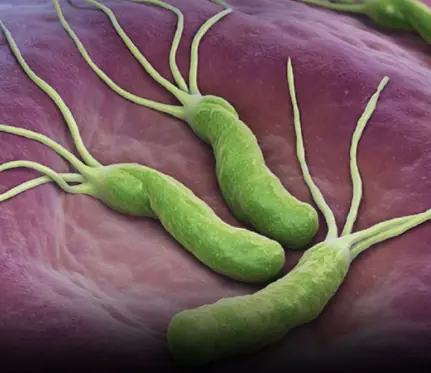
Warning: 5 Hidden Stro.ke Risks in Young Adults You Need to Know!
5 Risk Factors for Stro.ke in Young Adults
Hypertension, cardiovascular abnormalities, metabolic disorders, unhealthy lifestyle, obesity, and genetic predisposition increase the risk of stroke in young adults.

According to Dr. Kieu Xuan Thy, Deputy Head of Facility 3, University Medical Center Ho Chi Minh City, stroke occurs when the brain suffers sudden damage due to a blocked or ruptured blood vessel. This prevents oxygen and nutrients from reaching brain cells, leading to rapid functional decline in the affected brain area.
Causes of Stroke in Young Adults
In the past, strokes were primarily seen in individuals over 50. However, according to the World Health Organization (WHO), the stroke rate among young adults (ages 18–45) is rising rapidly due to modern sedentary lifestyles, high work stress, and unhealthy eating habits.
Risk Factors in Young Adults
- Hypertension and cardiovascular abnormalities: High blood pressure or irregular heart rhythms (such as atrial fibrillation) are major risk factors.
- Metabolic disorders: High cholesterol and diabetes accelerate atherosclerosis, increasing the risk of blood clots blocking brain circulation.
- Unhealthy lifestyle habits: Smoking, excessive alcohol consumption, sleep deprivation, and high intake of saturated fats. Chronic stress affects vital organs (liver, heart, spleen in traditional medicine) and increases stroke risk.
- Obesity and physical inactivity: Excess weight burdens the cardiovascular system, raising the risk of hypertension and diabetes. Lack of exercise weakens circulation and promotes blood clot formation.
- Genetic factors: A family history of cardiovascular disease, stroke, or inherited genetic abnormalities increases susceptibility.
Early Warning Signs
- Facial drooping
- Weakness or paralysis in one arm or leg
- Slurred speech
- Sudden severe headache
- Loss of balance
- Blurred vision
Stroke Emergency Response
- Seek immediate medical attention: Do not self-medicate or wait. Transport the patient to a medical facility or stroke treatment center as quickly as possible.
- Avoid unscientific remedies: Do not give lemon juice, prick fingers to draw blood, or attempt other folk treatments.
- Integrate Eastern and Western medicine: After the acute phase, early rehabilitation using both modern medicine and traditional therapies can help recovery and prevent recurrence.
Prevention and Intervention
- Monitor blood pressure, blood sugar, and cholesterol levels:
- Maintain blood pressure below 130/80 mmHg (as generally recommended).
- Regularly check fasting blood sugar and lipid levels.
- Adopt a healthy lifestyle:
- Avoid smoking and excessive alcohol.
- Eat more vegetables and fruits while reducing fast food and saturated fats.
- Exercise at least 30 minutes per day, 5 days a week (brisk walking, cycling, swimming, etc.).
- Manage stress:
- Ensure proper rest, adequate sleep, and mental relaxation (meditation, music, reading).
- Use preventive medications:
- In some cases, doctors may prescribe low-dose aspirin or medications for blood pressure and cholesterol control.
- Dietary and holistic care:
- Consume medicinal foods like black bean soup, lotus seeds, and coix seeds, depending on body condition.
- Practice gentle Qigong or traditional therapeutic exercises to balance organ function.
- Regular health screenings:
- Young adults, especially those with a family history of stroke, cardiovascular disease, or metabolic disorders, should undergo routine medical checkups.
News in the same category


Depressing find at the bottom of the Mariana Trench is a warning to the world

From Causes to Cures: Everything You Need to Know About Fatty Liver
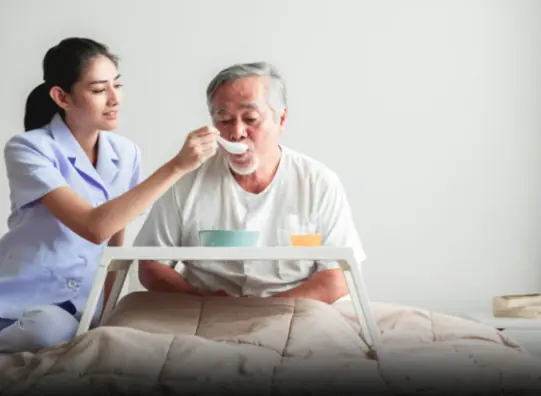
4 Clear Signs That Appear 15 Minutes Before a Stroke: Call for Immediate Help

4 warning signs from the appendix, do not ignore!

8 Unusual Signs That May Indicate Cervical Can.cer
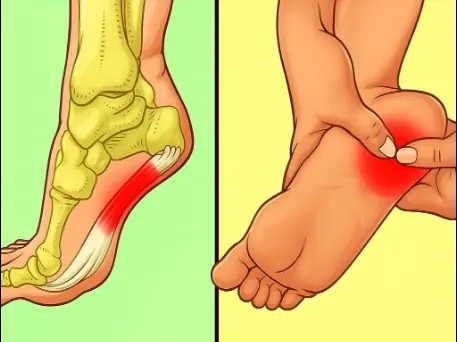
7 Powerful Exercises to Relieve Heel Pain and Treat Plantar Fasciitis Naturally

Scientists May Have Actually Found One Of The Causes Of Autism
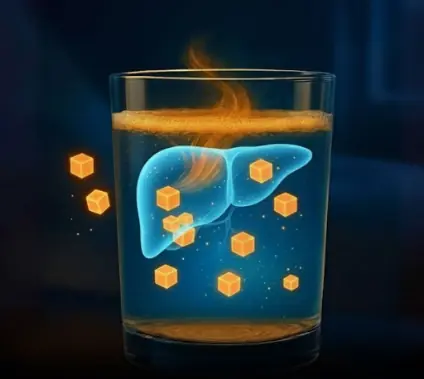
Don’t go to sleep without taking this — 1 cup before bed clears excess sugar

3 Ways to Stop Acid Reflux Naturally

The Reason You May Get Random Stabbing Pai:ns in Your Chest Explained

Nose Picking What This Taboo Habit Really Reveals About Us
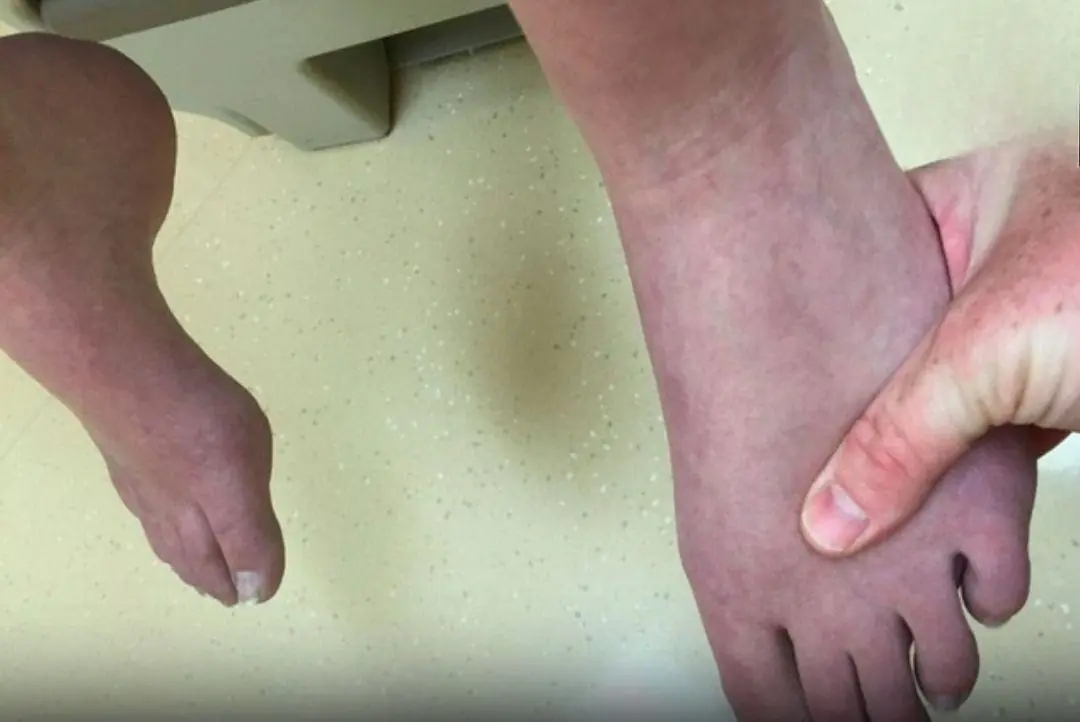
Those Mysterious Leg Bruises? They Might Indicate Dang.erous Diseases
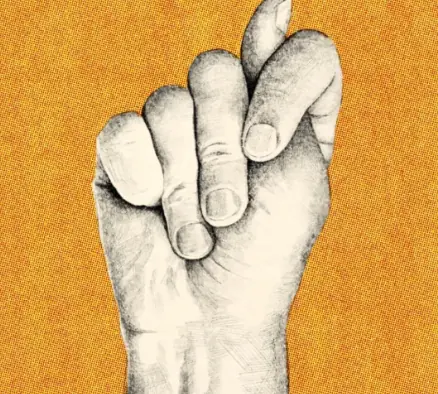
What does this gesture signify?

Early Cervical Cancer Clues? Don’t Ignore These 4 Foot Warning Signs
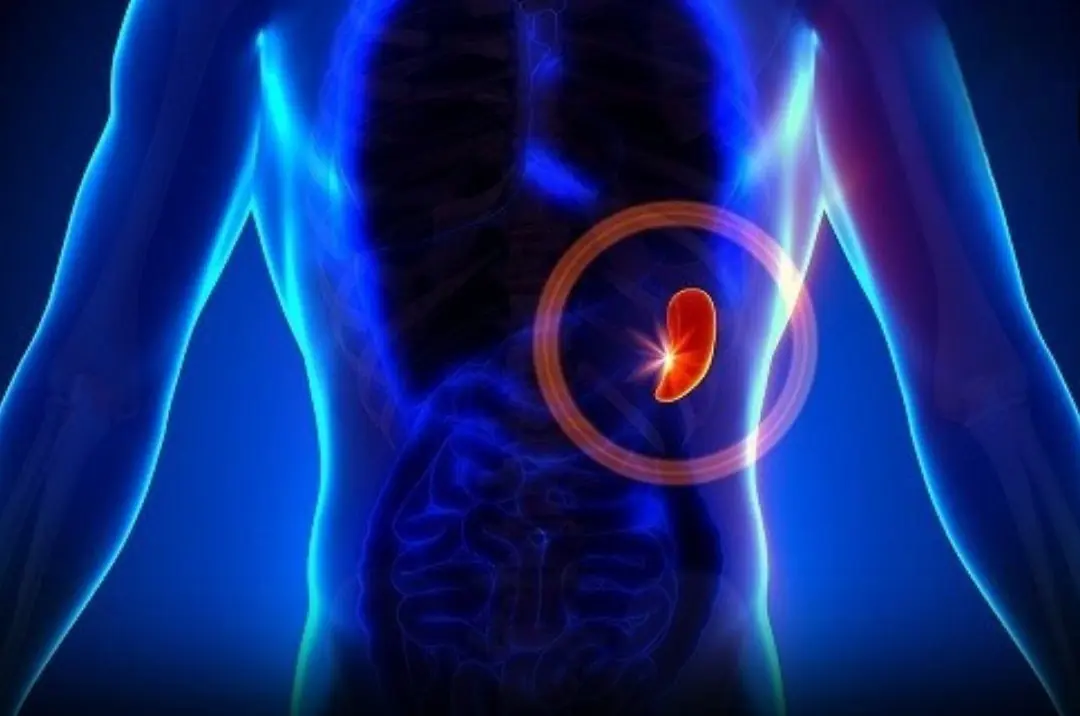
Wa.rning: Sple.en Ca.nc.er and Things Not to Be Ignored

Snake in Your House? Sprinkle These Natural Repellents and Watch It Leave Immediately

Doctor Reveals Hidden Dang:er in This Veggie

People with these 4 skin changes may already have clusters of can:cer cells developing without knowing it
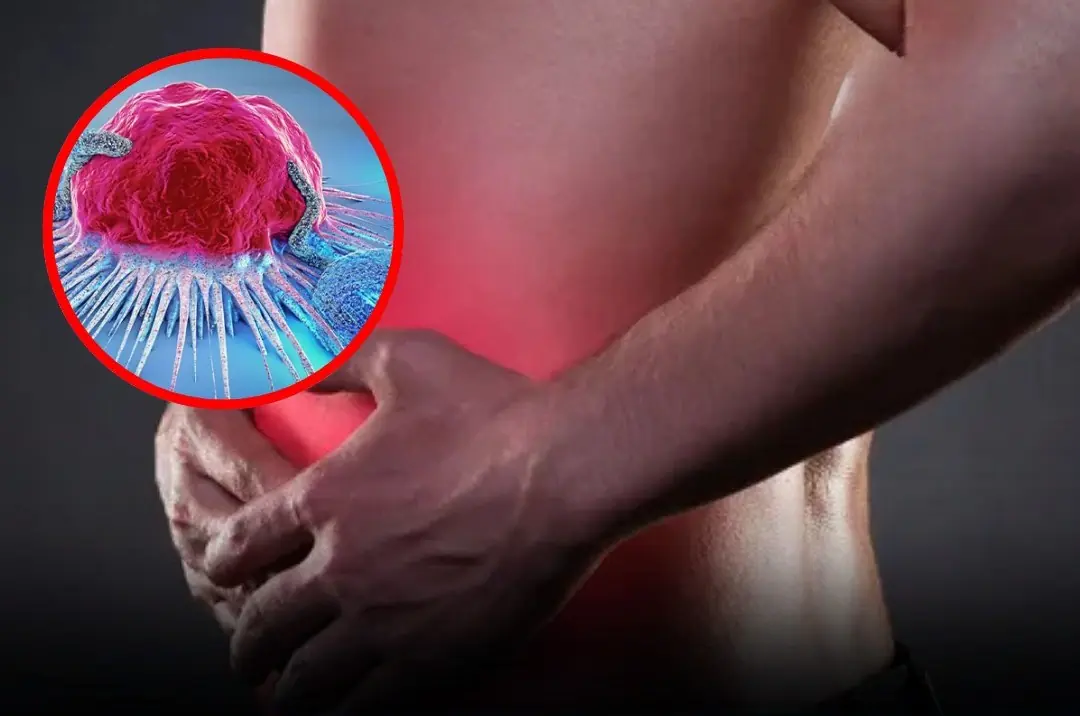
Feel Pain in These 3 Places? It Might Be an Early Can:cer Alert
News Post

How to Treat H. Pylori (Helicobacter Pylori) Naturally Without Antibiotics

Depressing find at the bottom of the Mariana Trench is a warning to the world

From Causes to Cures: Everything You Need to Know About Fatty Liver

Electrical devices to unplug during storms, thunder, and lightning

4 Clear Signs That Appear 15 Minutes Before a Stroke: Call for Immediate Help

4 warning signs from the appendix, do not ignore!

8 Unusual Signs That May Indicate Cervical Can.cer

7 Powerful Exercises to Relieve Heel Pain and Treat Plantar Fasciitis Naturally

Scientists May Have Actually Found One Of The Causes Of Autism

Don’t go to sleep without taking this — 1 cup before bed clears excess sugar

3 Ways to Stop Acid Reflux Naturally

The Reason You May Get Random Stabbing Pai:ns in Your Chest Explained

Nose Picking What This Taboo Habit Really Reveals About Us

Those Mysterious Leg Bruises? They Might Indicate Dang.erous Diseases

What does this gesture signify?

Early Cervical Cancer Clues? Don’t Ignore These 4 Foot Warning Signs

Wa.rning: Sple.en Ca.nc.er and Things Not to Be Ignored

Snake in Your House? Sprinkle These Natural Repellents and Watch It Leave Immediately

If You Don’t Unplug These 5 Electrical Devices at Home, Your Electricity Bill Could Skyrocket!
